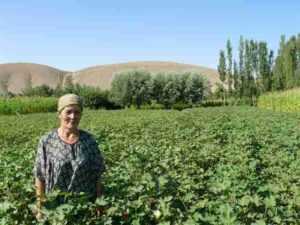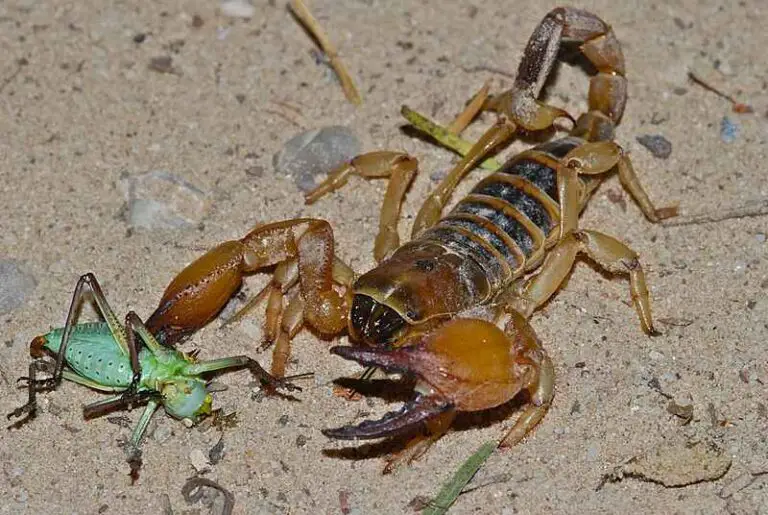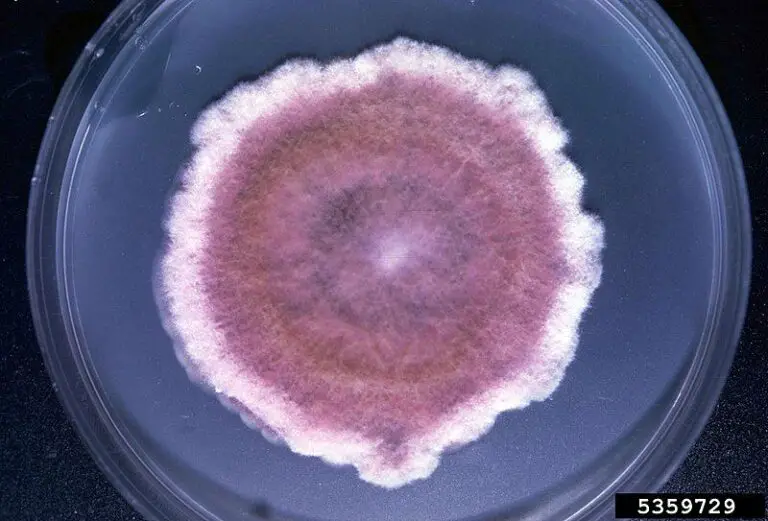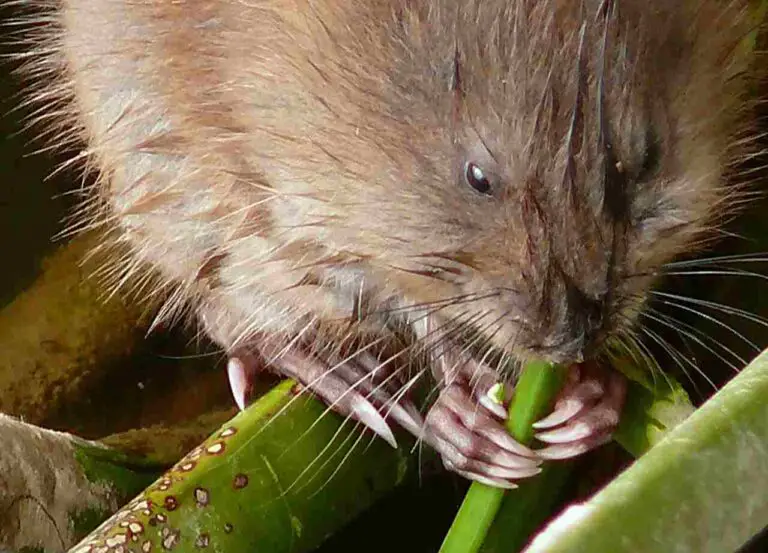Organic Farming Meaning, and Features Explained
Organic farming is a practice of sustainable agriculture whereby crops and livestock are grown with eco-friendly methods and supplements. This article discusses organic farming meaning and features, as outlined below;
-Organic Farming Meaning: 6 Ways to Define Organic Farming
Organic Farming Meaning: 6 Ways to Define Organic Farming
Organic farming is simply an approach to sustainable farming that tries to optimize quality, safety and sustainability by reducing the use of synthetic materials [2].
As indicated above, another perspective from which we can outline the organic farming meaning, is that of sustainable development. This is proven as follows;
Organic farming is a type of farming that is is geared toward achieving the sustainable development goals of addressing food insecurity and hunger, by applying ecologically sustainable methods in the production of crops and livestock [1].
In line with the above, an alternative organic farming meaning is given below which links the practice to other sustainability concepts;
Organic farming is a sustainable agricultural practice which helps to achieve soil conservation, water conservation and environmental remediation on agricultural land by reducing the use of synthetic chemicals and unsustainable methods of farming [3].
Some tools and products of organic farming are mentioned in the alternative organic farming meaning below;
Organic farming is a sustainable method of agriculture that implements composting, conservation tillage, and biological control to produce wholly-organic meat, fruits, and food crops.
The definition above highlights the interrelationship between organic farming and other sustainable farming practices like conservation tillage.
Because it is based on the principles of sustainable agriculture, organic farming has a similar objective and can be implemented simultaneously with crop rotation, contour farming, mulching, biodynamic farming, and other sustainable farming methods.
The organic farming meaning can be outlined based on ecologic physicochemical factors, as shown below;
Organic farming is a type of farming that is designed to minimize disruption of the ecosystem and energy pyramid, by aligning to the natural and sustainable conditions of the environment such as temperature, pH, soil type, and organic soil nutrients.

Lastly, organic farming meaning is outlined based on environmental impact mitigation;
Organic farming is an approach to sustainable farming that seeks to minimize the environmental impacts of agriculture such as climate change, pollution, soil erosion, and desertification, by using sustainable, organic and eco-friendly materials and techniques.
Features of Organic Farming
The features of organic farming include natural production, soil and landscape management, conservation tillage, agricultural diversity and minimal synthetic application.
These can be summarily explained under principles, approach, tools, and products.
1). Organic Farming Principle(s)
-Natural Production
-Biological Control
-Soil and Landscape Management
-Agricultural Diversity
2). Organic Farming Approach
-Minimal Synthetic Application
3). Organic Farming Method(s)
-Conservation Tillage
-Composting
-Terracing
-Crop Alternation
-Livestock Rotation
4). Organic Farming Tools
-Compost
-Organic Feed
-Biochemicals
-Cultivation Implements
5). Organic Farming Products
-Organic Meat, Fruits, Crops
Conclusion
Organic farming is a type of farming that uses ecologically sustainable tools and methods to produce crop and livestock with minimal synthetic application.
The features of organic farming can be summarized into; principles, approach, methods, tools, and products.
References
1). Ciccarese, L.; Silli, V. (2016). “The role of organic farming for food security: Local nexus with a global view.” Available at: https://www.semanticscholar.org/paper/The-role-of-organic-farming-for-food-security%3A-with-Ciccarese-Silli/ff47fbcc6bb581c8aec6984cdf4173fb8a54998a. (Accessed 12 October 2022).
2). Prusty, M.; Ray, M.; Sahoo, G. (2021). “Organic Farming: A Key to Sustainable Agriculture.” Crop Diversification and Soil Health Management for Sustainable Development (pp.131-146). Available at: https://www.researchgate.net/publication/348558256_Organic_Farming_A_Key_to_Sustainable_Agriculture. (Accessed 12 October 2022).
3). Seitz, S.; Goebes, P.; Puerta, V. L.; Pereira, E. I. P.; Wittwer, R.; Six, J.; Heijden, M. G.; Scholten, T. (2019). “Conservation tillage and organic farming reduce soil erosion.” Agronomy for Sustainable Development 39(1). Available at: https://doi.org/10.1007/s13593-018-0545-z. (Accessed 12 October 2022).




